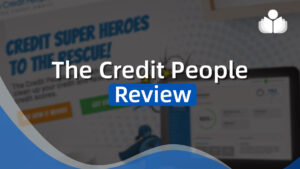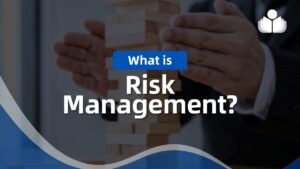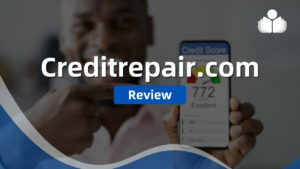I got a note, recently, from a retired friend/colleague, as follows:
Our Retirement Community’s leadership has put out several RFPs to local consultants for a planned Capital Campaign Feasibility Study. The “cattle call” will be one day in March when the consultants will make pitches to several Community officials, none having much knowledge of capital campaigns, much less for feasibility studies.
So, yours truly has been asked to be part of the group to review and recommend.
How nice it will be to sit back and listen – and pounce when I know one or more will proudly trumpet how well they conduct interviews with stakeholders, asking them just where, on the gift table presented, those interviewees would consider giving.
I can recall at least ten nonprofits, during my consulting career, which had me come in following studies made by various consultants. The organizations were dismayed when, in each case, the final reports recommended a campaign goal much lower than what the organizations themselves could roughly assess as being attainable.
Each time, when they handed me the full report, I went right to the questionnaire used, and with no surprise, I saw that the interviewer did just what I said above. In one case, a million dollar prospect proffered that “you can put me down in the $25,000 category.”
What else could be expected? That prospect, in effect, was actually solicited when the exercise was supposed to be a study to see if such a campaign was feasible in the first place.
Why should he have committed big, when there was no case for support as yet, no leadership, and no known other givers – no campaign?
My friend then asked for my thoughts/reaction. So, in my opinion, there are three red flags that must be addressed.
There are problems inherent in the Request-For-Proposal process. Since most organizations that are hoping do to a capital campaign haven’t got the first clue as to what a capital campaign really entails, how can they create an RFP that addresses all their needs? Asking for proposals would put them at the mercy of whatever the “proposers” wanted to tell/sell them.
Better if they ask other “local” organizations that have successfully completed such major fundraising efforts what person or firm they used to help them succeed. That way, they don’t have to rely on their lack of knowledge and they don’t have to have the “cattle call” … with every one who responds to the RFP. In the long run they would probably do better just meeting with capital campaign counsel who comes recommended by people whose opinions they trust.
The misuse of the Gift Table is not unusual. As my friend noted, above, it would be counterproductive to ask someone at what level on the “pyramid” they envision their likely gift, when all that’s being done at the time is a study to determine if a goal is even attainable.
My friend also noted that you should never ask a prospect where they would peg themselves. You should ask interviewees to suggest the names of other people who would likely be able to give at the various levels … if they were motivated to do so.
He also noted that goal setting is based on the information obtained during the Study … so you can’t go to people with a pie-in-the-sky, unsupported goal figure, and a gift table based on that.
Then, there is my emphatic objection to any use of Feasibility Studies.
As noted in my posting of January 27 — A Planning Study over a Feasibility Study Every Time — I strongly suggest that Feasibility Studies are not only obsolete,they’re counter-productive/harmful. Let’s do Planning Studies or Research Projects, but no more “Feasibility Studies.”
See also my posting Another Reason Why I Object To Feasibility Studies.
=-=-=-=-=-=-=-=-=-=-=-=-=-=
Have you heard about
The Fundraising Series of ebooks?
They’re easy to read, to the point, and inexpensive ($1.99-$4.99)
This posting is a sample of what you can find the series
=-=-=-=-=-=-=-=-=-=-=-=-=-=
Have a comment or a question about starting, evaluating
or expanding your fundraising program?
AskHank
=-=-=-=-=-=-=-=-=-=-=-=-=-=
We’ve been posting these pieces for the last five years,
and we’re now at a point where, to keep this resource alive,
we need your questions/problems to engender further discussion.
Look forward to hearing from you.
Comments & Questions
=-=-=-=-=-=-=-=-=-=-=-=-=-=
If you’re reading this on-line, and would like to comment/expand on the above piece, or would just like to offer your thoughts on the subject of this posting, we encourage you to “Leave a Reply.” If you’re reading this as an email, and you want to comment on the above piece, email Comments to offer your thoughts. Your comments, with appropriate attribution, could be the basis of a new posting.
 Sections of this topic
Sections of this topic
















